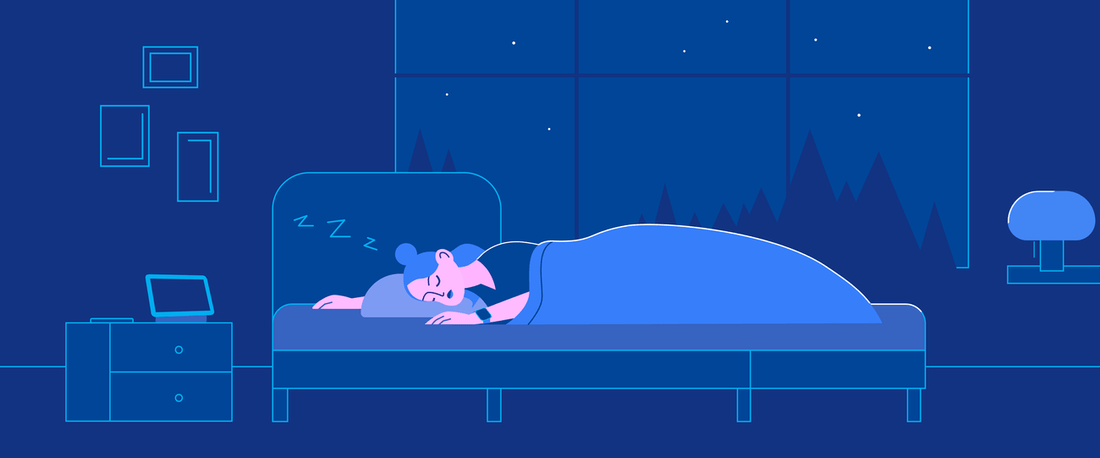
Why Do People in Different Countries Have Different Sleep Habits?
Sleep is an essential physiological function, yet its cultural impacts cannot be ignored. Countries which place more importance on worker productivity often see less rest for its citizens.
Mexico and Botswana both practice praying or meditation as part of their bedtime routine, while some hunter-gatherer communities in Botswana do not adhere to set sleeping times and may fall asleep during the day or late at night.
Japan
Though many Western countries' populations typically sleep for eight to nine hours per night, this may not apply across cultures. People living in countries without widespread access to electricity might go to sleep when the sun goes down and wake up when it rises; artificial lighting sources also determine when day activities conclude - for instance those living in countries with tropical climates might wake up earlier than their counterparts in colder and snowier nations.
One important fact to keep in mind when discussing sleep habits is their cultural roots. This can be seen through factors like duration of restful slumber, sleeping locations and baby sleeping practices, baby napping practices as well as ideologies behind taking naps - for instance in Japan falling asleep while at work is seen as an honorable sign that one is hardworking enough.
Scandinavia
Before industrialization and electricity were widely available, people generally experienced two separate sleeping periods each day. It is thought that these patterns may have arisen from our prehistoric ancestors' habit of sleeping an hour or two after sunset before staying up late to work, cook, play or add wood to their fires; today this pattern can still be observed among many nomadic and hunter-gatherer cultures.
Scandinavian countries often encourage parents and caregivers to allow babies and infants to nap outdoors during winter, since exposure to fresh air has many health benefits for infants and toddlers. Many daycares even have designated times for sleeping outside.
Studies have revealed that people's perceptions of how much sleep they require vary widely depending on their culture, due to various pressures associated with cultural beliefs and ideals regarding adequate restorative rest. Moreover, people often sleep longer when experiencing stress.
Egypt
Egyptians typically sleep on the floor and some even soak their blankets before going to bed so that evaporating water will keep them cool at night. Nomadic hunter-gatherer cultures were more accustomed to having biphasic sleep cycles with wake-ups during the middle of the night for chores or adding wood for fire.
Monophasic sleep patterns only became the standard after artificial lighting made it possible to stay up late into the night and modern societies adapted accordingly; however, many cultures continue to observe older ways of sleeping.
At Sunday Citizen, we have conducted extensive research to discover all of the unusual (and wonderful!) ways people around the world rest up. Here are a few of our favorites:
Canada
Many Western industrialized nations enjoy sleeping in dark rooms with soft bedding and temperature-controlled conditions - the ideal sleeping conditions that many Western industrialized nations enjoy. But research shows this to not be true worldwide.
One of the most surprising findings was that people living in different countries have vastly differing sleep habits, often holding different beliefs about what constitutes healthy levels of restorative rest.
Latin America and the Mediterranean regions typically practice taking midday siestas to help workers avoid the heat of the day and give themselves a much-needed energy boost after lunch. Meanwhile, in parts of Asia it's not unusual for office workers to take a nap during workday. While this might seem strange to Americans, this practice actually helps workers remain alert and productive throughout the day.
South India
South India, or "Southern India", encompasses five states - Tamil Nadu, Karnataka, Andhra Pradesh, Goa and Kerala. Residents in these regions are well known for their dramatic dances, festivals, cuisine and handicrafts; they practice Hinduism, Islam Jainism and Buddhism among other religions.
Though South Indian culture is diverse, many from North India often refer to all South Indians as madrasis. This may be due to several factors including that many states in South India speak Dravidian languages; however, this term misrepresents their true diversity.
South India residents not only keep early bedtimes, but they also eat a wide array of dishes such as rice, fish, coconut milk, spices, and native fruits - often eaten on banana leaves! Feng shui also encourages them to keep mirrors away from their beds.
Botswana
Botswana, located in Southern Africa, is a landlocked nation covering up to 70% of its surface area with Kalahari Desert terrain; however, Botswana also features numerous sandstone formations as well as being home to Okavango Delta (one of the world's largest inland river deltas) and Makgadikgadi Pan (a vast salt flat).
Botswana boasts an abundant wildlife population, including the African Wild Dog that has become endangered, which draws visitors from all corners of the globe. Botswana is well-known for its conservation practices and boasts several nature reserves including Chobe National Park, Moremi Game Reserve and Central Kalahari Game Reserve - each known for their own special experience and charm.
Economic activity in Botswana primarily relies on diamond mining and tourism, with an emerging agricultural sector. The country operates under a parliamentary republic system with the president serving both as chief of state and head of government; additionally it belongs to the 14-nation Southern African Development Community which was created as an antidote against dependence on apartheid South Africa.









